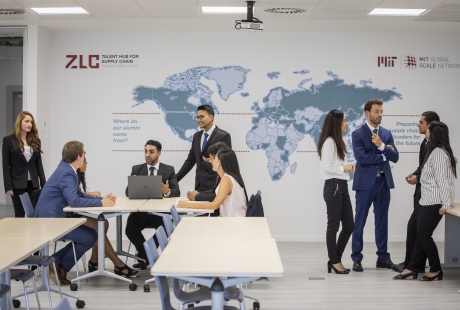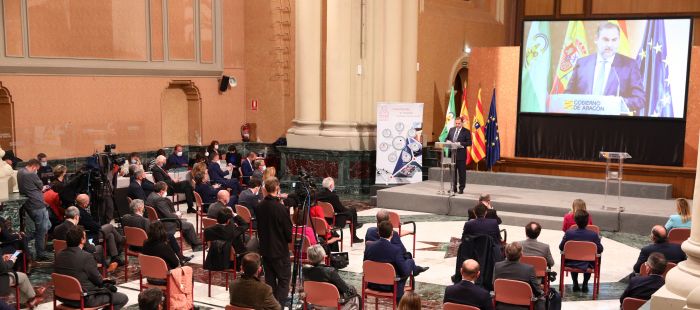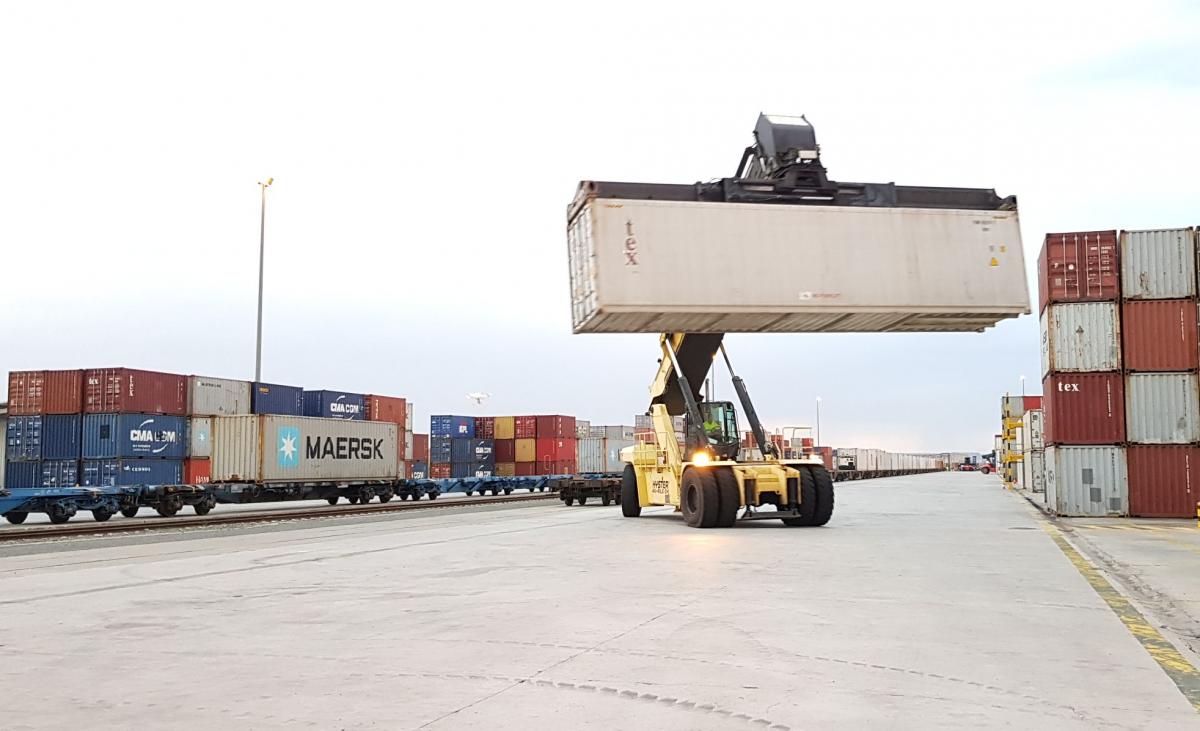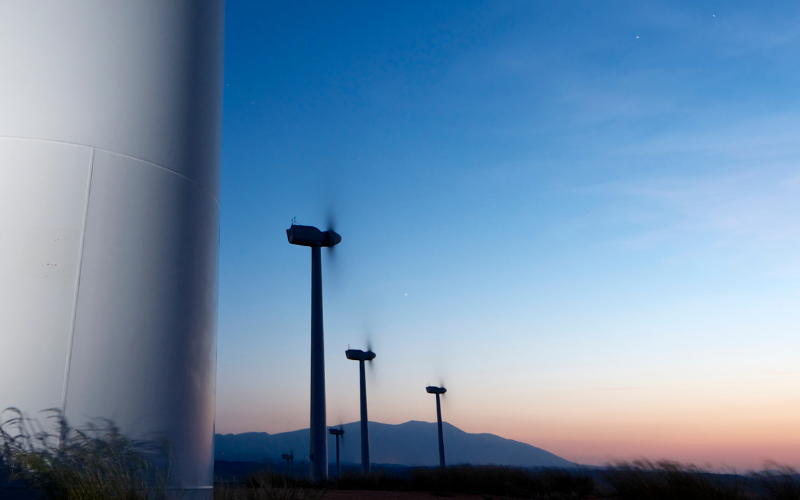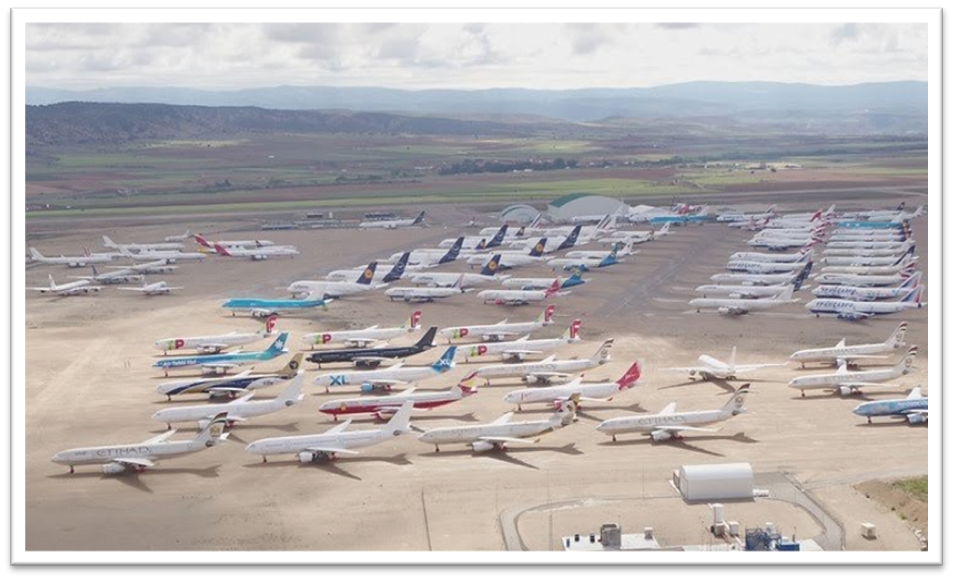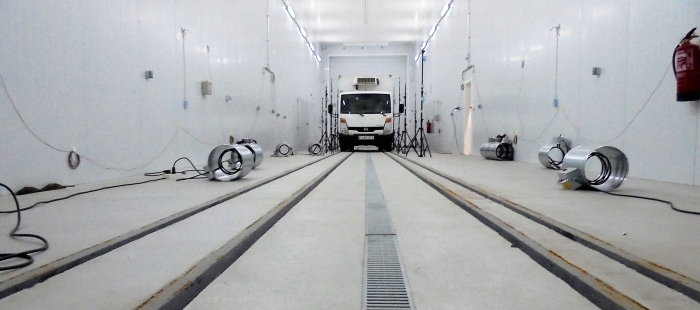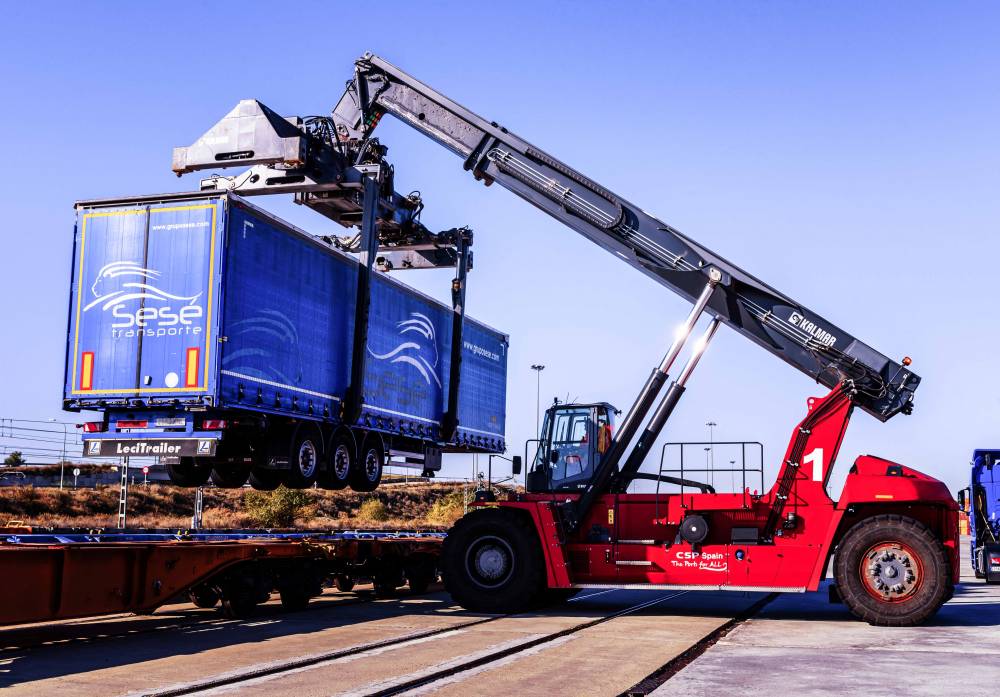The current Covid crisis has revealed the criticality of location for the global pharmaceutical industry. Aragon reveals to be an attractive option for pharma distribution thanks to its connectivity, competitive costs and other factors.
Spain is the world´s 10th Scientific power and Europe´s 5th. Its integrated Healthcare System consists of a network of 800 health centers, both public and private.
Aragón is at the heart of the country’s pharma industry: 89% of Spain´s Pharma & Biotech Industry is concentrated within 300 km of the region.
Zaragoza Logistics Center (MIT Global Scale Network) has created an ‘Aragon Pharmaceutical Cluster Map’. This reveals the region to have a strong offer across the board, from levels of government and regulatory support, through university and research centre activity, to relevant ‘clusters’ of companies in the chemical, biotech, packaging and other sectors.
The region scores expecially high in the six key indicators for distribution location decisions, benchmarking against other regions in Europe with a strong presence of pharma companies like Liege in Belgium and Basel in Switzerland.
- Infrastructure
The Zaragoza Logistics Platform (PLAZA), at over 13 M square metres, is the largest in Southern Europe and ranked fifth (out of ninety) in a recent study. Land purchase prices are just one fifth of those in Basel, and prices in Liege are more competitive, supply is quite limited. (Aragon has high occupation rates, but further land close to existing logistics parks is readily available). Rental costs are below those of Belgium, and significantly below Switzerland.
- Workforce
With an unemployment rate high by European standards (although below that of Spain as a whole), workforce availability is good, while employment costs for both higher and lower grades also reflect a lower cost of living – for higher grade positions, salaries are two to three times lower than in Switzerland. On the other side of the coin, the region is a recognised centre for higher level logistics education and study through the doctorate, masters, graduate and executive education programmes of ZLC, University of Zaragoza and others, as well as research collaboration between pharmaceutical companies and the Instituto de Investigacion Sanitaria, and with ZLC on hospital logistics.
- Technology and regulation
Digital technologies are a core of Aragon’s strategic agenda, through the regional government, the transport industry’s federation, and with the universities and other research institutes and companies. Regulatory authorities are supportive, and among the many international freight and distribution companies with a substantial presence in Aragon are several that already hold appropriate training and certification for pharmaceutical activity.
- Transport and logistics capabilities
Aragon has well developed and modally balanced transport links with the rest of Iberia and, through France, to North West Europe and beyond.
Zaragoza Airport is a significant hub, hosting some 15 air freight lines. Most of these offer a pharma solution, and the airport has extensive cold chain warehousing and infrastructure.
- Transport and logistics costs, ease of global shipment
Air freight rates in and out of Zaragoza are competitive with those to Belgium and Switzerland, and inland transport can be significantly cheaper, whether by road, rail, or bi-modal. For ‘air freight plus last mile’ from New York, Zaragoza’s advantage over other European locations is pronounced.
Customs and related procedures are efficient.
- Taxes
Fees for Customs documentation are generally below those of the comparator locations, and VAT deferral is possible on imports.
Taking all these indicators into account, along with the existing pharmaceutical research nucleus, the existence of industry-relevant clusters of supporting suppliers and service providers, and the regional government’s commitment to technology-led development, ZLC concludes that Aragon makes a strong case as a location for a pharmaceutical company’s gateway into Europe.
Contact us for more information on Aragon’s offer for pharma investments.




